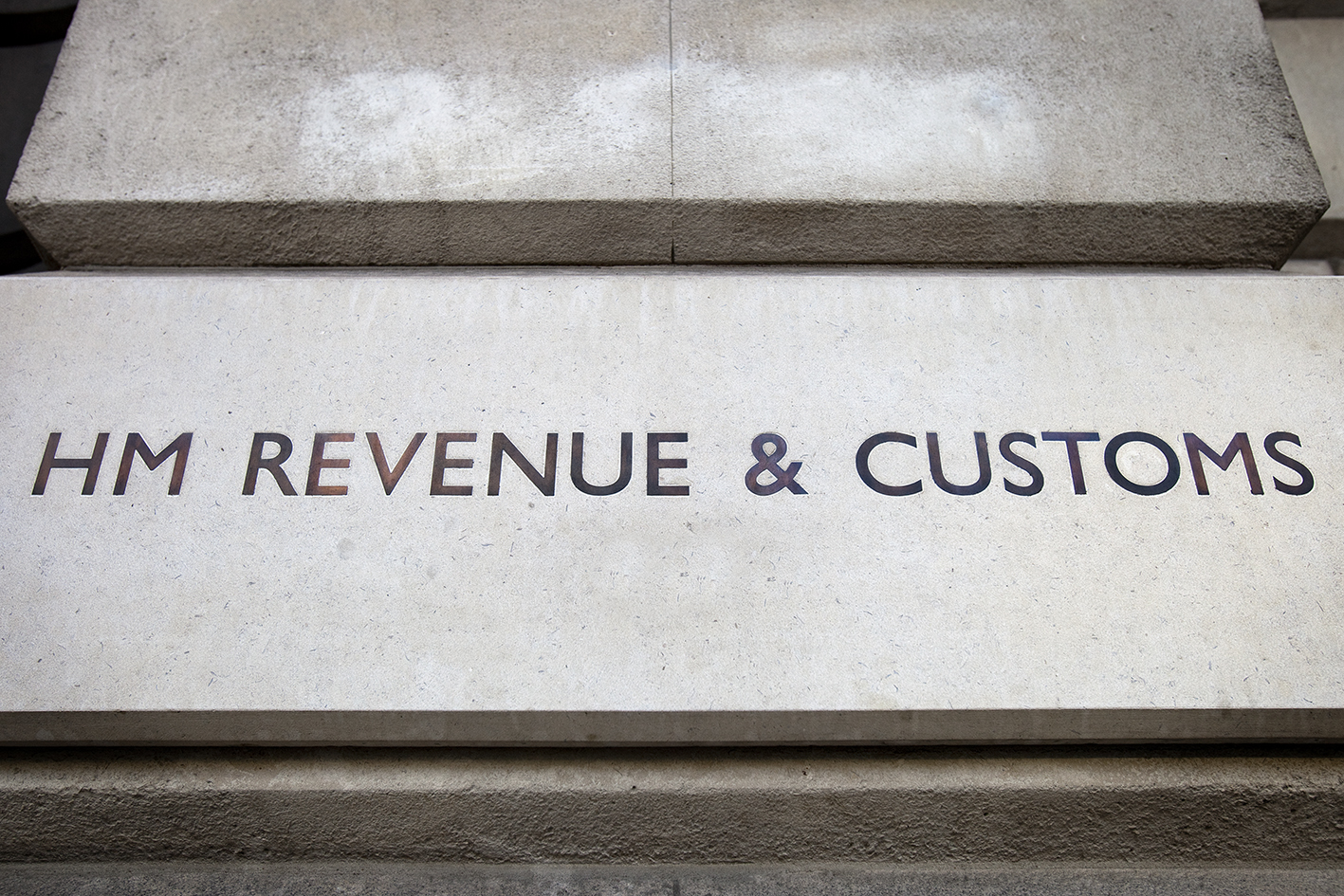News
IHT rules face overhaul: everything you need to know

The Office of Tax Simplification (OTS) is seeking to remove unnecessary inheritance tax (IHT) form filling for bereaved families.
In its first report following a review of IHT, the OTS has proposed the introduction of a digital process, which would make the process of calculating IHT liabilities less onerous for families.
For many families who have lost a loved one, the administrative burden can be significant – and figures suggest that some of the administration relating to inheritance tax may prove to be irrelevant. For example, of the 275,000 executors who had to file IHT forms in 2017, the tax was only payable for less than 25,000.
The administrative burden for bereaved families is significant and it is estimated that 38% of people who did not use an adviser spent 50 hours or more on administration. Meanwhile, 65% of people said that although there was no tax to pay, they still had to provide a huge amount of information.
In order to improve the process, the OTS has proposed the introduction of a new short form for the simplest estates.
Simplifying the system
Under the current IHT system, probate can’t be granted and assets can’t be distributed until IHT is paid and forms have been submitted. IHT must be paid within six months and the forms must be completed within 12 months.
The report explored whether there could be a way to improve this process. One option that was suggested was for HMRC and HM Courts and Tribunals Service to offer lower value and other simple estates the possibility of obtaining probate without submitting inheritance tax forms.
“This report shines a spotlight on the impact of forcing people through a fiendishly complicated process at a really horrible time in their lives. It’s an area crying out for radical simplification, and the Office of Tax Simplification has some useful recommendations,” said Sarah Coles, personal finance analyst, Hargreaves Lansdown.
Wealthy pay less
In addition, the research highlighted that the largest estates, those that were £10m plus, pay around 10% tax compared to those with middle to high wealth, who pay around 20%.
“It appears we’ve entered an upside down tax regime where the wealthy aren’t paying their fair share,” said Rachael Griffin, tax and financial planning expert at Quilter.
She puts this down to the uber-wealthy having access to advice to ensure they are being as effective as possible.
“In fact, the review highlights that around 70% of the wealthiests’ estates benefit from their relief compared to a £5m or £6m estate where only 40% of the estate benefits from the relief,” she added.
Laura Suter, personal finance analyst at investment platform AJ Bell, agreed: “This is undoubtedly down to the fact that the wealthiest families get professional advice to set up trusts and make full use of the allowances, while those with smaller estates do not.”